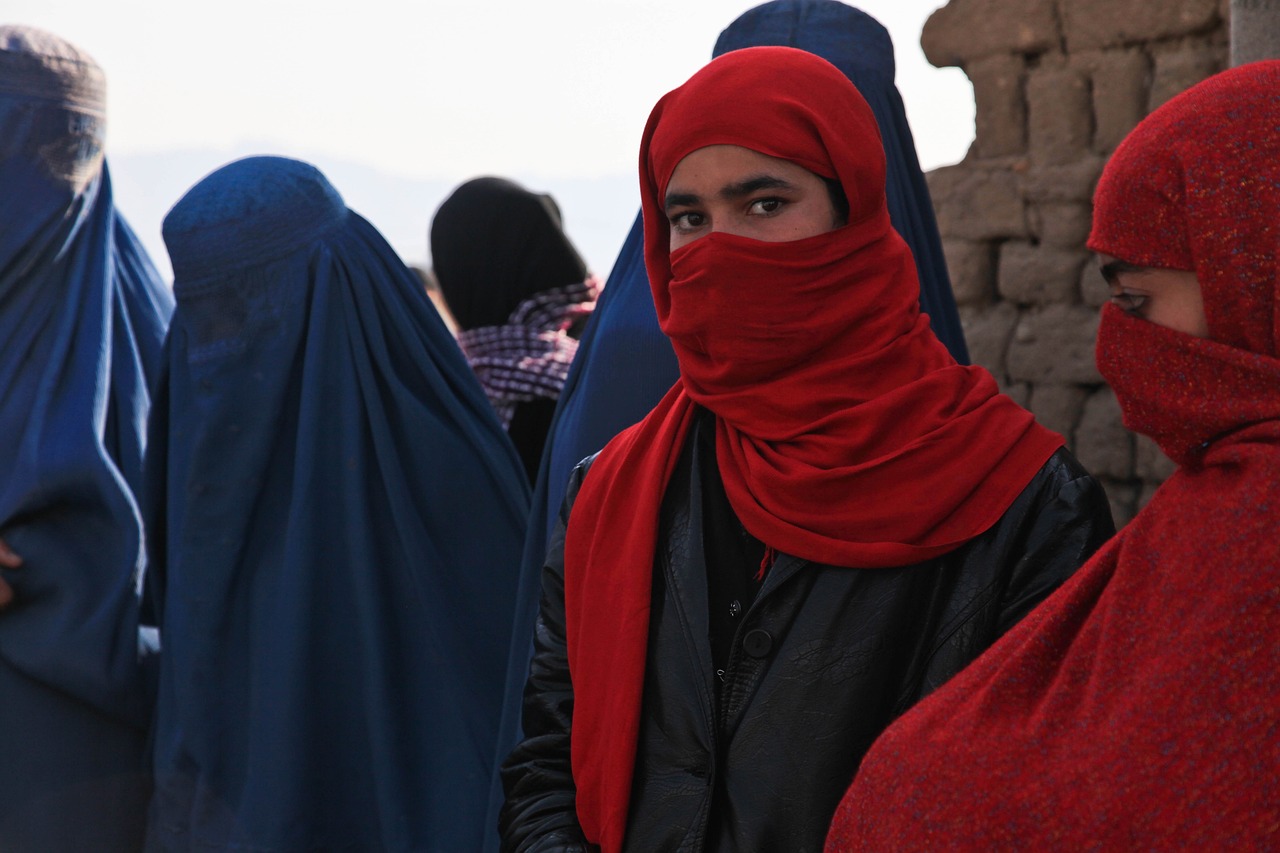
The United Nations Human Rights Office (OHCHR) on Dec. 5 condemned a new Taliban directive barring Afghan women and girls from attending classes at medical institutions, warning that it will have devastating consequences for the country’s healthcare system. OHCHR spokesperson Ravina Shamdasani stated: “The measure is profoundly discriminatory, short-sighted and puts the lives of women and girls at risk in multiple ways. It removes the only remaining path for women and girls towards higher education and will decimate the already inadequate supply of female midwives, nurses and doctors.”
Other voices in the international community have responded with similar condemnation. UN High Commissioner for Human Rights Volker Türk urged the Taliban to reverse the decision, emphasizing Afghanistan’s obligations under international human rights law. Human rights groups have warned that such bans are a devastating blow not only to women’s rights but also to the country’s broader humanitarian and healthcare systems.
The directive was issued Dec. 2 by the Taliban’s supreme leader Haibatullah Akhundzada, and it was communicated by the minister of public health. The directive closes one of the last avenues for higher education available to women.
Since regaining control of Afghanistan in August 2021, the Taliban have imposed sweeping restrictions on women and girls, barring them from secondary education, public spaces, and most forms of employment. Taliban authorities previously instructed healthcare officials to not treat female patients who are not in full hijab or accompanied by a male guardian, restricting their access to vital services. Girls have also been prohibited from attending school beyond sixth grade, and women were banned from universities in December 2022, effectively cutting off their access to higher education. Women are further forbidden from visiting parks, gyms, and public baths, isolating them from social spaces. Strict dress codes that mandate the wearing of a full hijab or burqa have been implemented, as well as restriction on long-distance travel without a male guardian.
From JURIST, Dec. 7. Used with permission.
Photo: ArmyAmber/Pixabay




